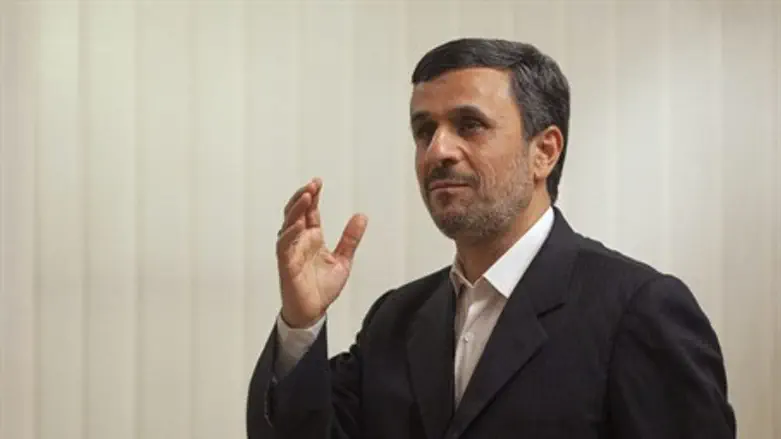
Iran put to death more than twice as many people in 2011 as it did the year before, a new report released Monday by Amnesty International reveals.
The Associated Press reported that the group said that the rate of executions in public increased even more dramatically, in an apparent bid to suppress political dissent and promote a climate of fear among those who might defy harsh Iranian law.
The 70-page report says, “Casting a shadow over all those who fall foul of Iran’s unjust justice system is the mounting toll of people sentenced to death and executed.
“There were around four times as many public executions in 2011 than in 2010, and hundreds of people are believed to have been sentenced to death in the past year,” the report added. In Iran, prisoners are usually executed by hanging.
The report said the heightened pace of executions “may be a strategy to spread fear among the population and to deter protests. As the repression of dissenters widens, the risk of further death sentences and executions cannot be excluded.”
AP noted that Amnesty interprets the increase in public hangings and an overall crackdown on dissent and freedom of the press as a harsh response to the public protests that erupted after President Mahmoud Ahmadinejad’s disputed 2009 re-election.
“Since the 2009 crackdown, the authorities have steadily cranked up repression in law and practice, and tightened their grip on the media,” AP quoted the report as having said.
“They have stopped public protests using articles of Iran’s Penal Code that make demonstrations, public debate and the formation of groups and associations deemed a threat to ‘national security’ punishable by long prison sentences or even death,” Amnesty said.
The report noted that Iran does not provide official statistics on their use of the death penalty, and said there is credible evidence that many people are put to death in secret.
Amnesty’s Iran specialist Elise Auerbach told AP that there were 50 officially acknowledged public executions in 2011, compared to 14 such executions in 2010.
AP noted that the total number of executions reported in Iranian state media, meanwhile, increased from 253 to 600. Auerbach said both figures were the minimum known, and stressed that “the true number was quite a bit higher.”
The report was released after it was reported that Iran has put off the execution of Christian Pastor Yousof Nadarkhani -- probably in response to massive international pressure -- but it is not clear for how long.
Nadarkhani was due to be executed on Tuesday, after having lost the final appeal against a conviction on a charge of apostasy in Iran's Supreme Court.
The 33-year-old pastor converted to Christianity from being a Muslim at the age of 19, making him an apostate in the eyes of Islam.
The Islamic Republic recently sentenced Amir Mirzaei Hekmati, an American of Iranian descent who was accused of being a spy, to death.
Among those executed in Iran in 2011 was Adiva Mirza Soleyman Kalimia, an Israeli-born Jewish woman who was executed with her Armenian Christian husband on March 14, 2011.
